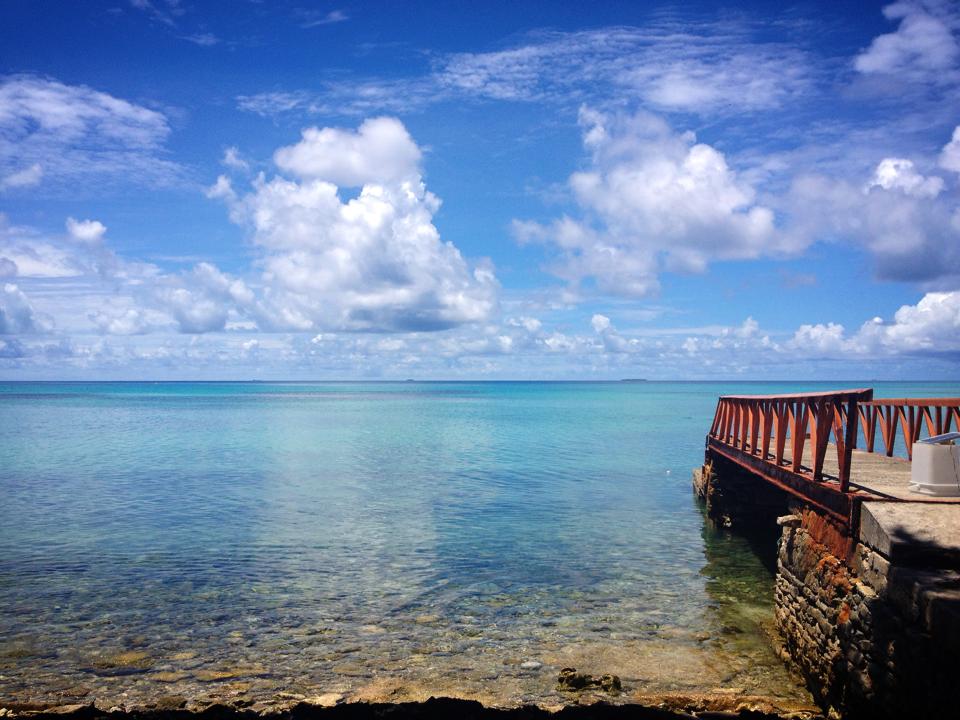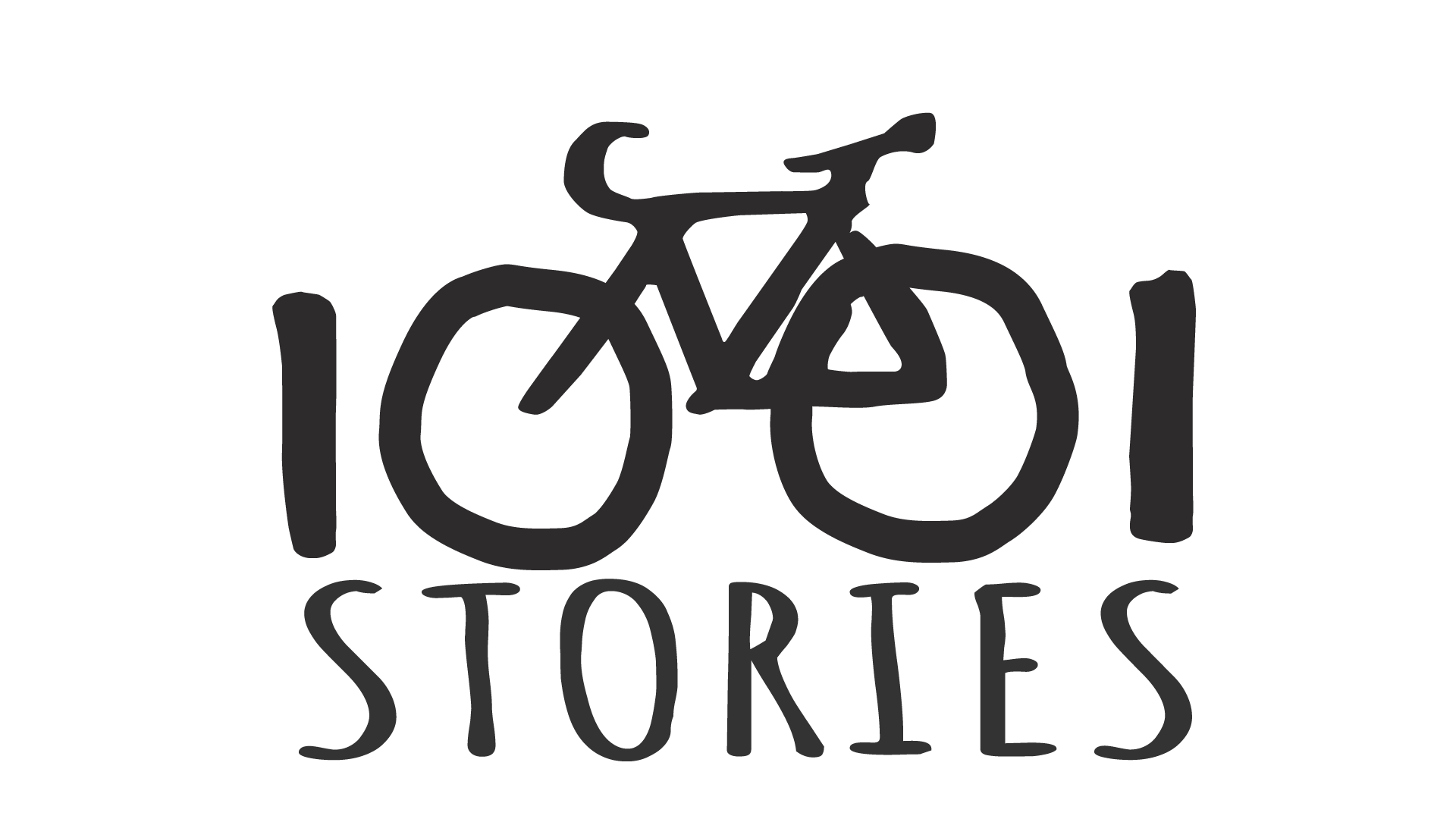
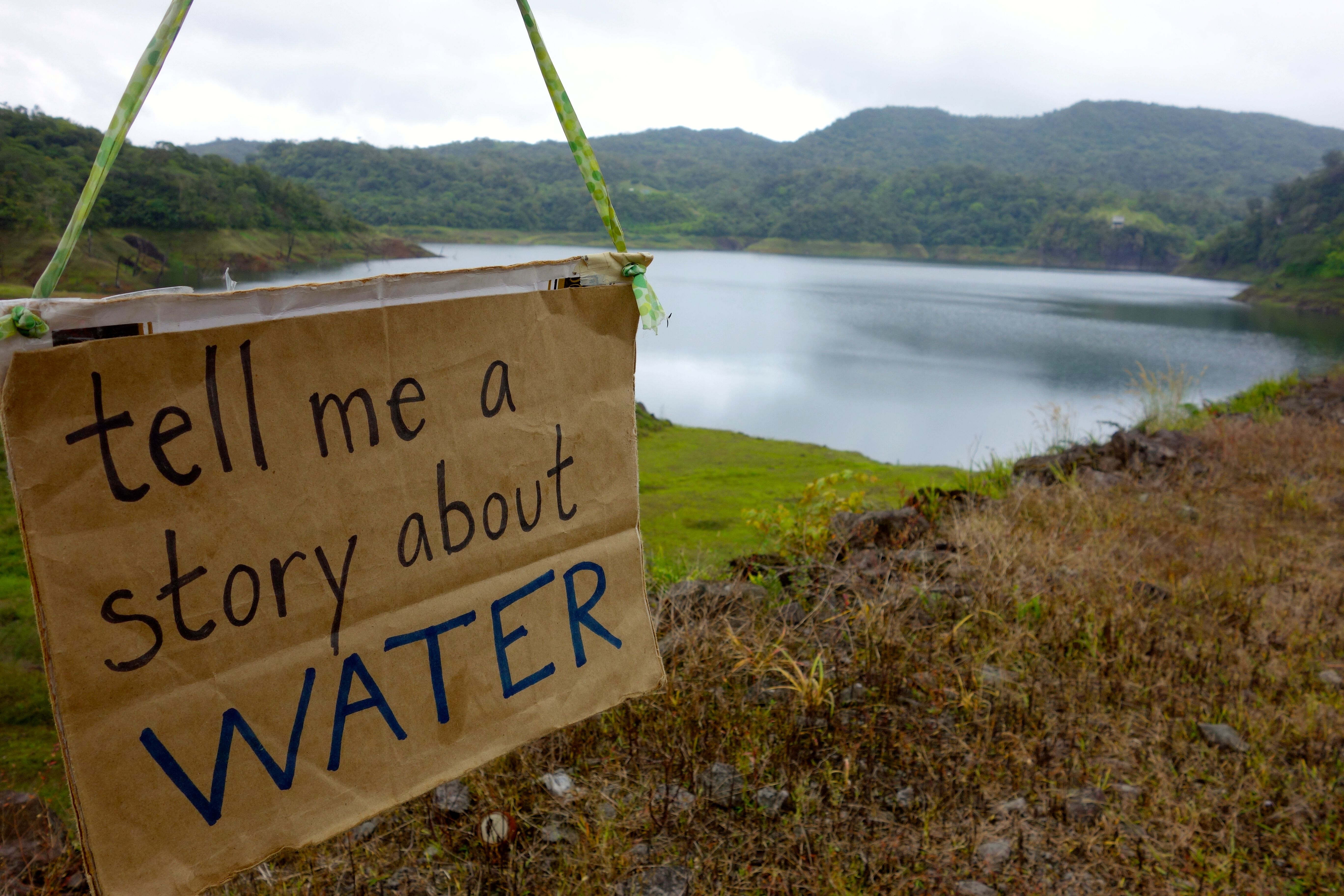
I used to think that I had to be constantly thinking of the next thing to say in order to be taken seriously.
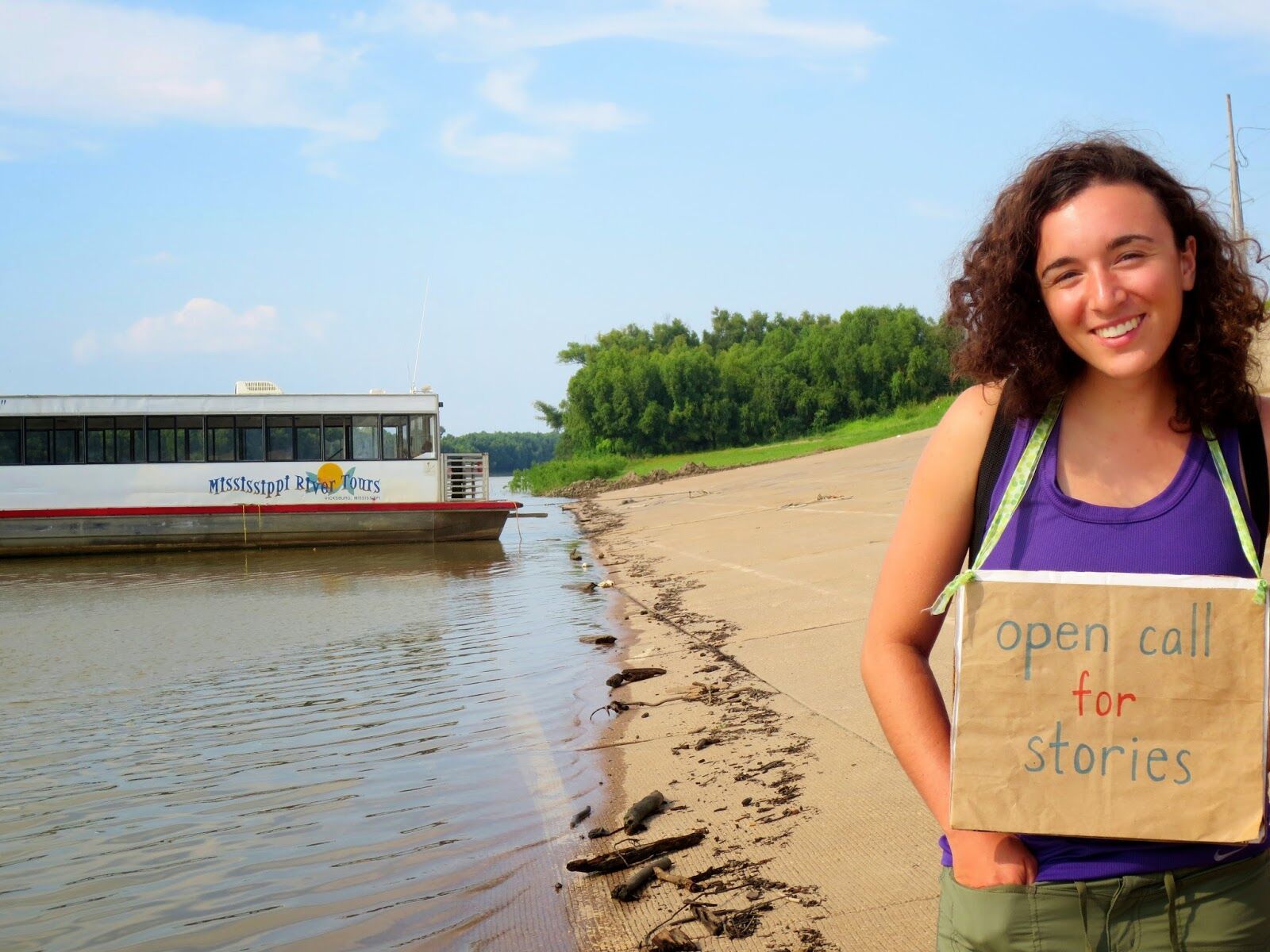
In August 2013, I rode my bicycle 800 miles down the Mississippi River for my senior thesis in Folklore & Mythology at Harvard. Along the way, I recorded 50 hours of stories from people I met, about anything. I didn’t really know what I was doing.
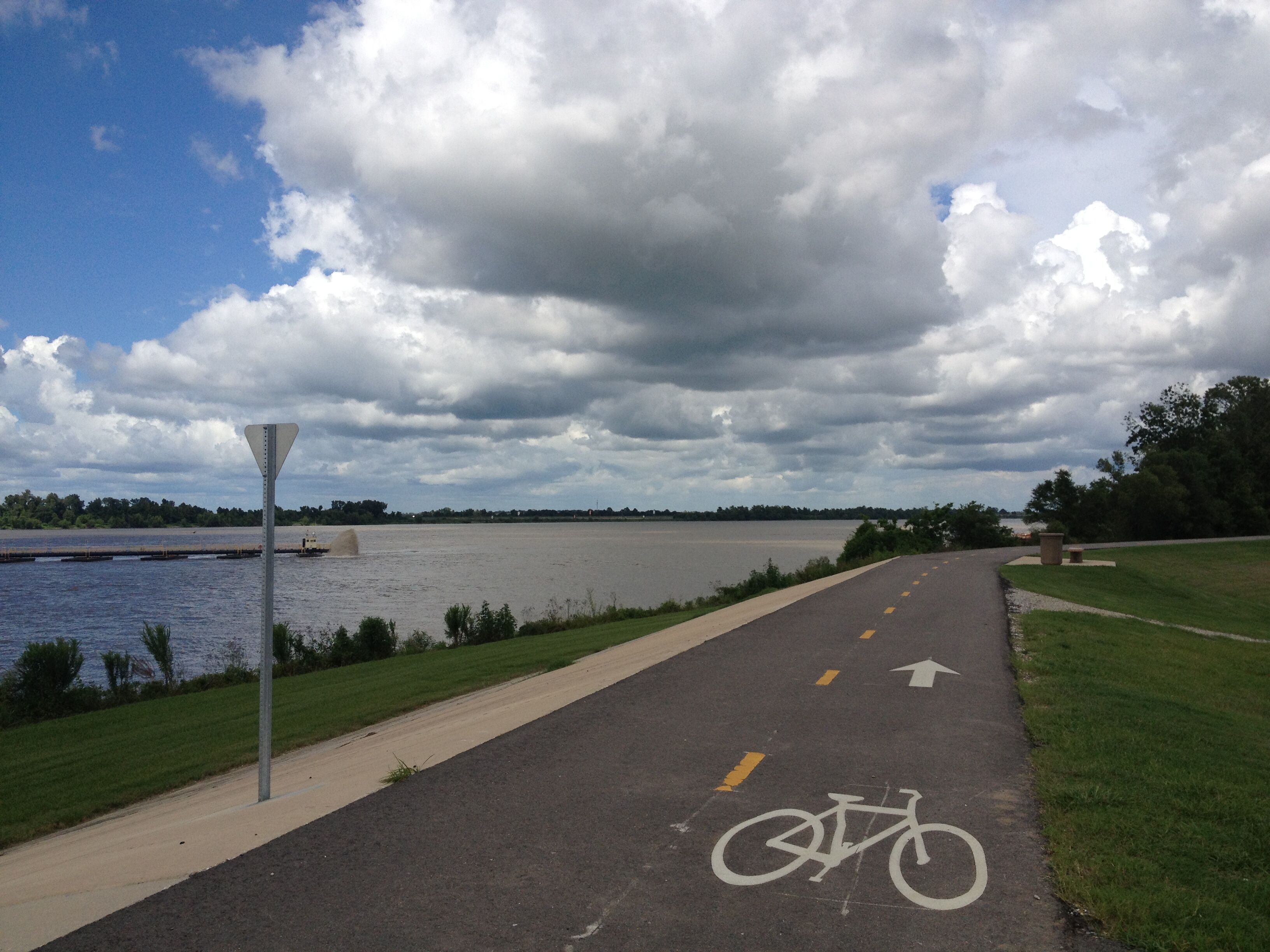
When I listen back on those recordings, I realize that my own need to feel heard was quashing other people’s stories. I would ask clarification questions too often, or step into someone’s story just as it was getting interesting. That wasn’t really listening. It was talking.
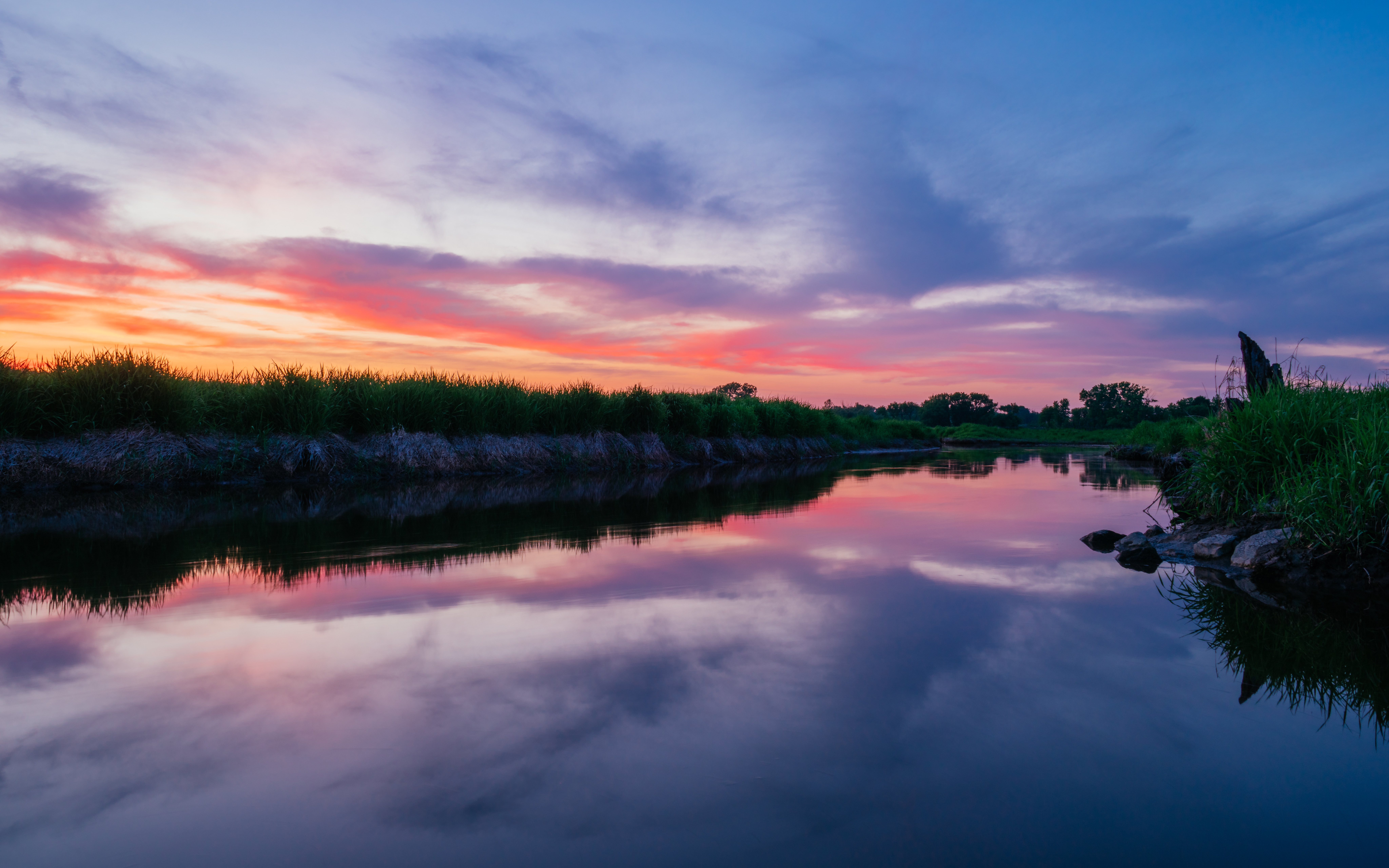
The farther down the river I rode my bicycle, the more stories I heard about water and climate change: increasing saltwater intrusion on the land, families who left after big storms (and those who stayed behind), wetlands being lost at a rate of football fields per day. I realized, in that first round of listening, that water and climate change are the defining issues of my generation. I wanted to do something about it.
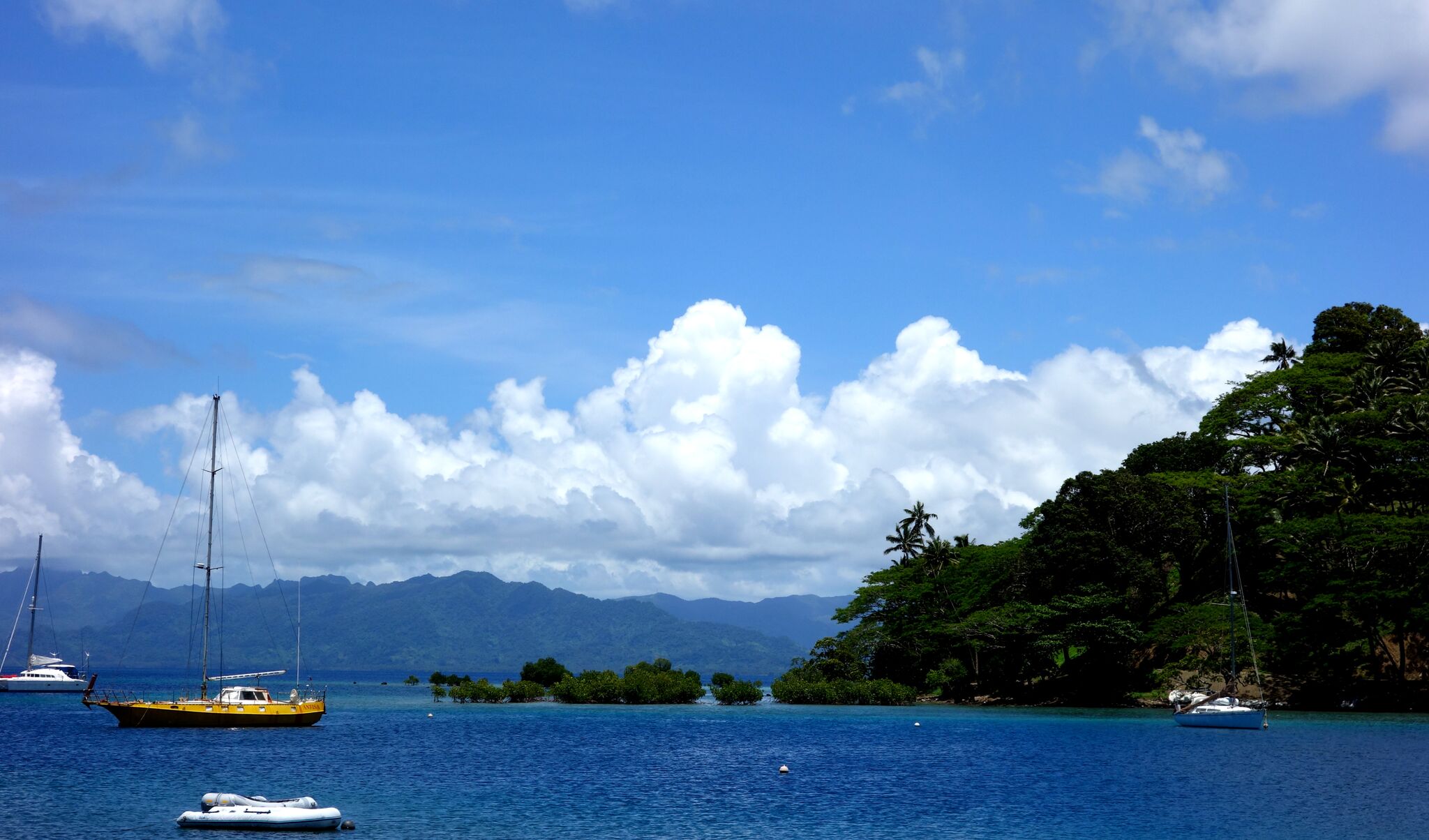
I applied for, and got, a grant for a year of “purposeful wandering” after graduation. I left home with a piece of cardboard, a bicycle, an audio recorder, and a microphone.
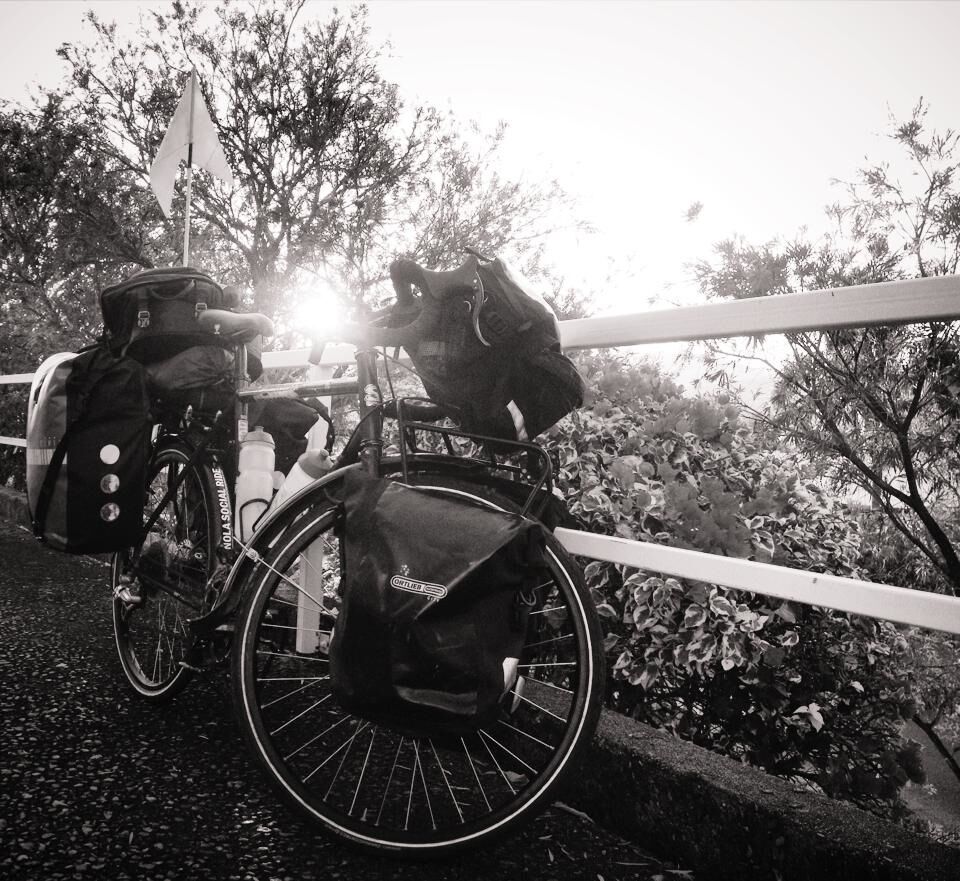
Starting at the 2014 People’s Climate March in New York City, I turned on the mic. My goal? To record 1,001 stories about water and climate change from around the world.
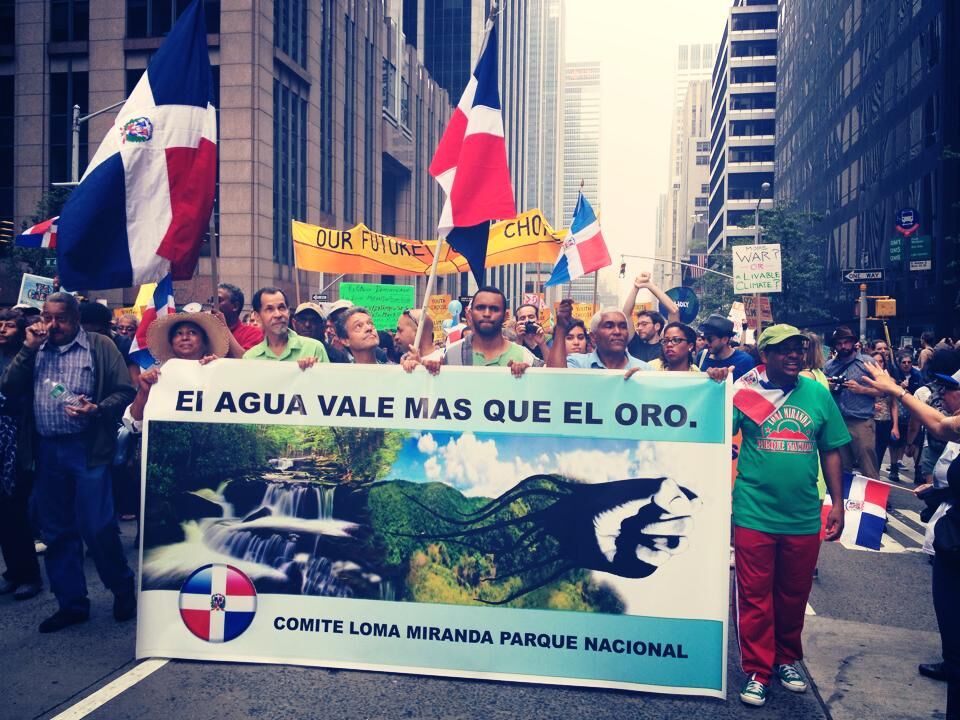
I was inspired by Scheherazade, the storytelling hero in the Arabian folktale 1,001 Nights. She tells a series of interlocking stories to a murderous king in order to save her own life—and to change the culture in her kingdom.
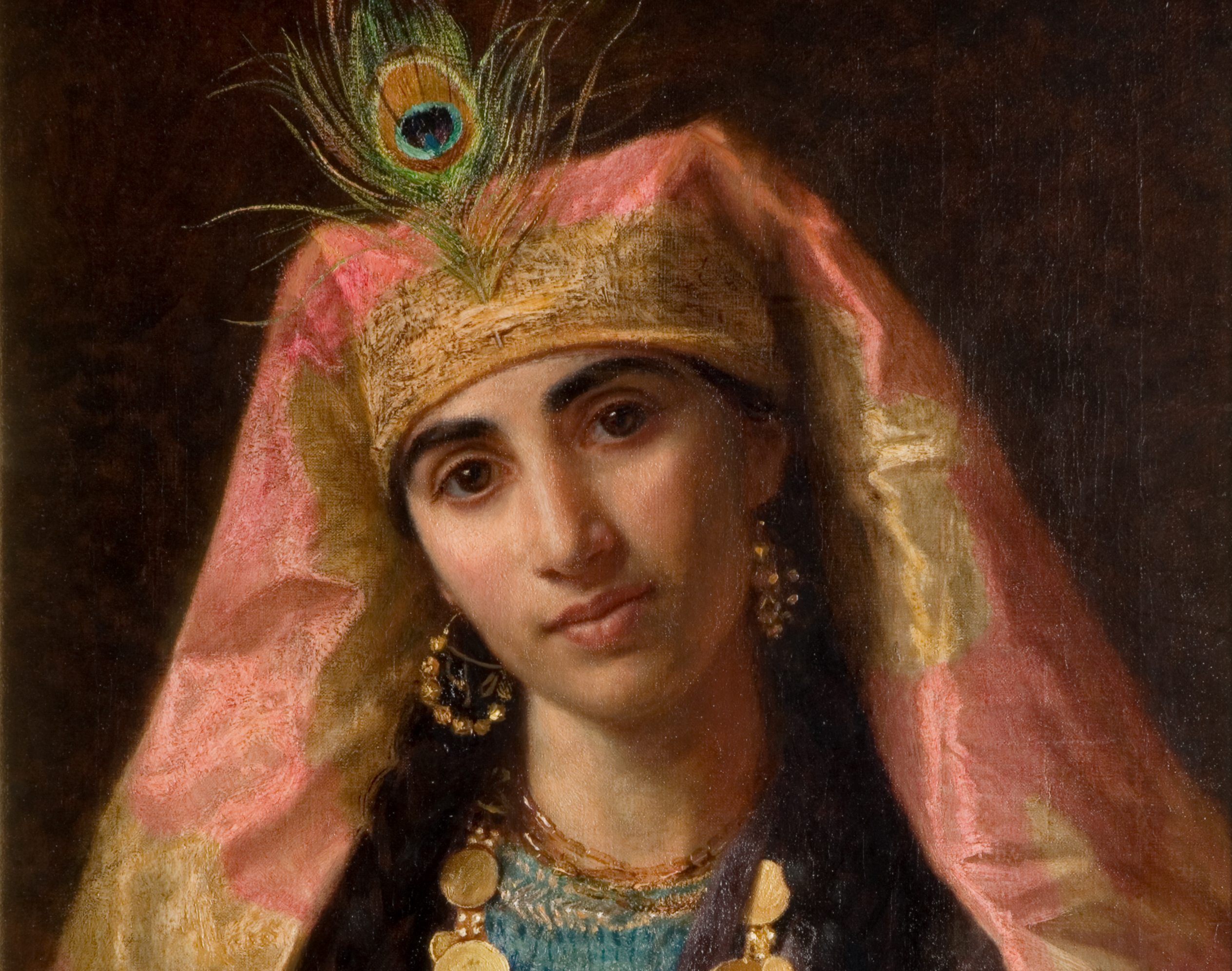
Five years later, I’m almost there. To date I have documented 850 stories in 20 countries on six continents. Most recently I was in the Peruvian Amazon. I aim to record 1,001 interviews on all seven continents by 2020. Antarctica is in the works.
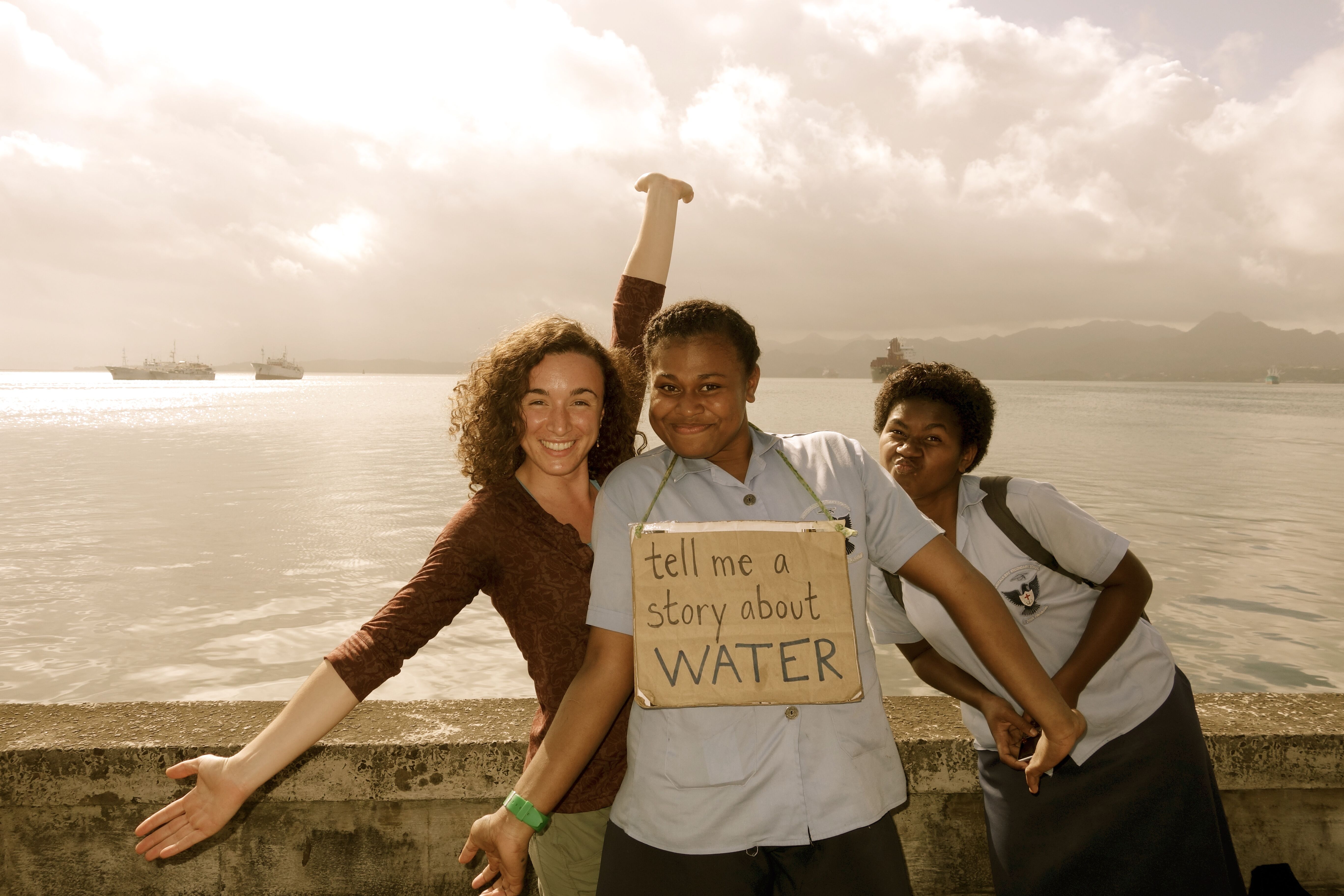
My goal, in documenting these stories, is to make people feel something. Empathy is one of the most powerful tools we have to dismantle apathy.
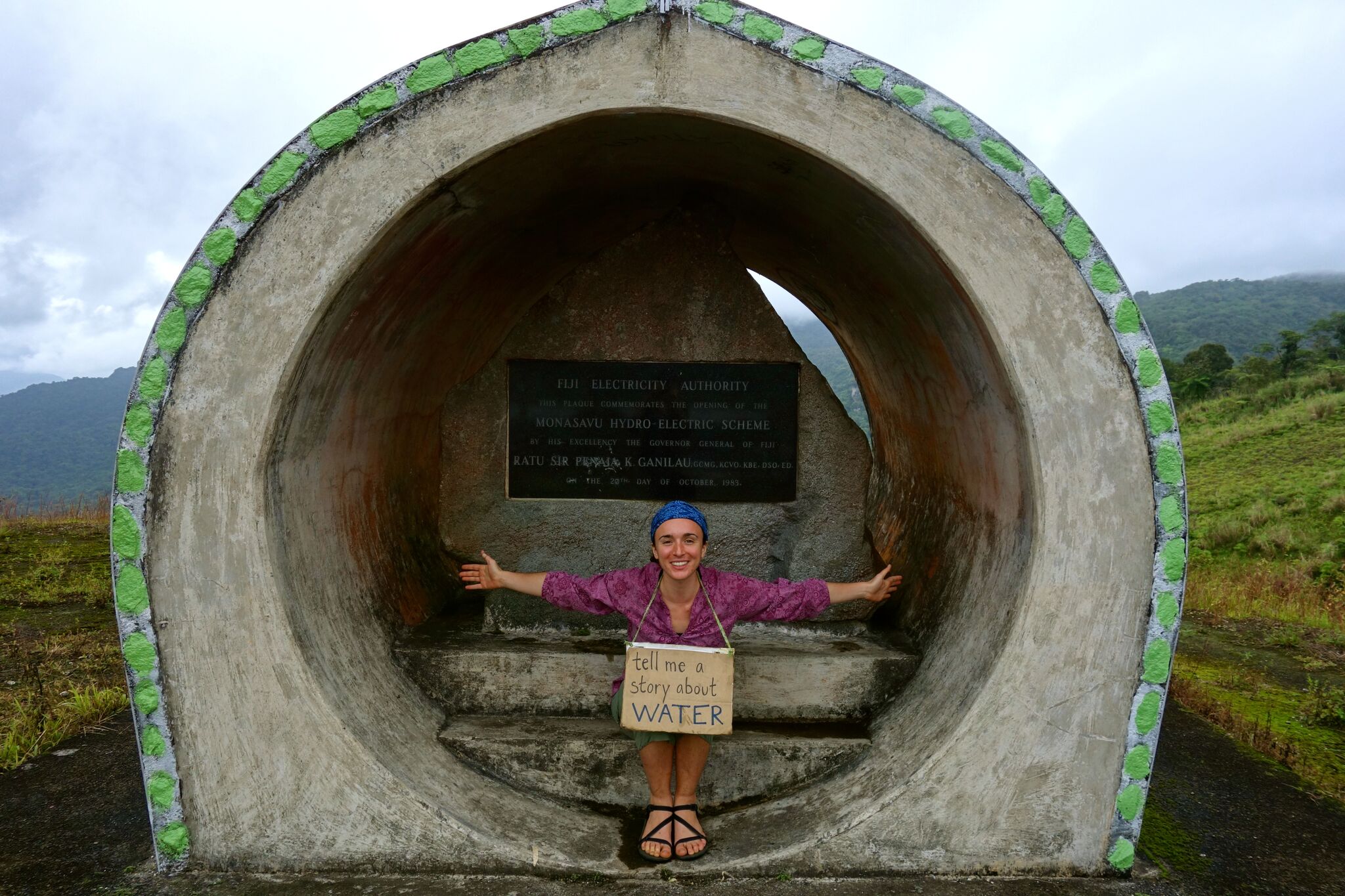
I ask people about water because we don’t know how to talk about climate change. The aim of 1,001 Stories is to make people feel something, to get us to slow down and listen to stories from other parts of the world. It becomes harder to ignore a problem as BIG as climate change if we hear the voice of someone who is impacted.
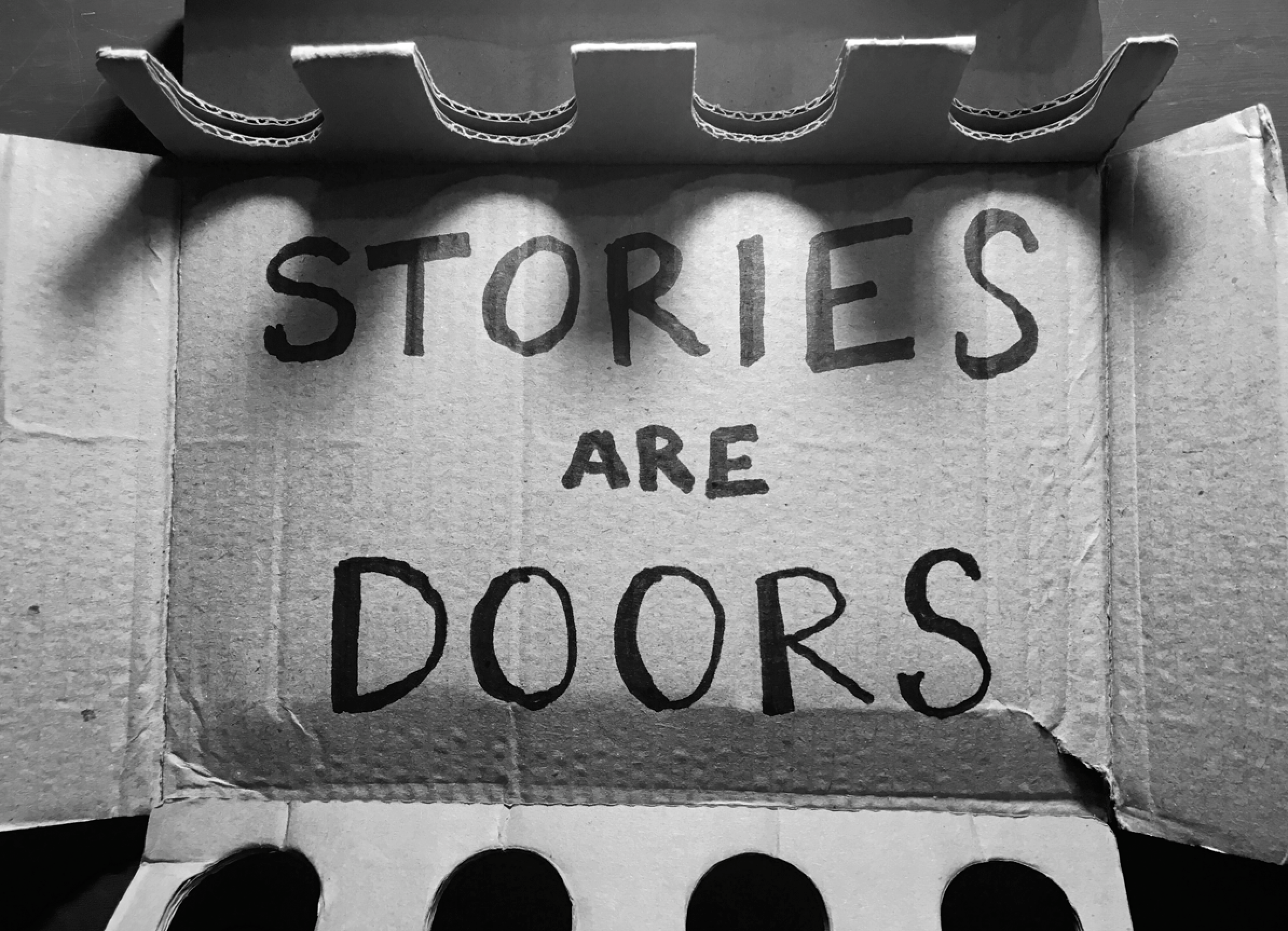
Take a moment to explore the map and, if it moves you, to share a story about water or climate change.
